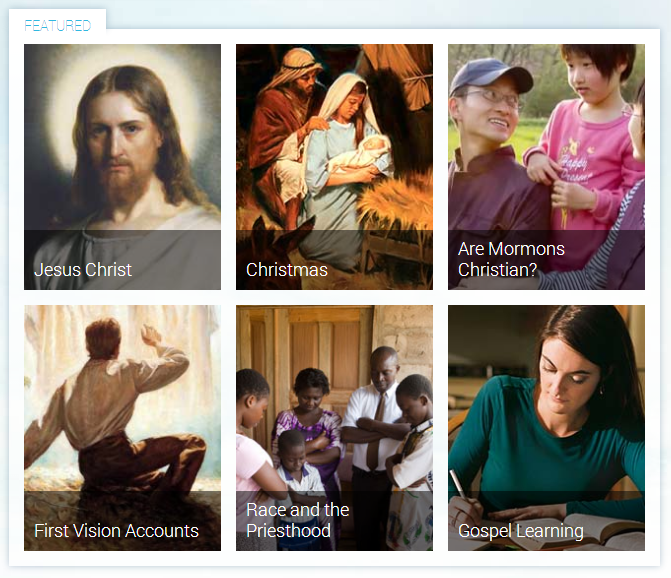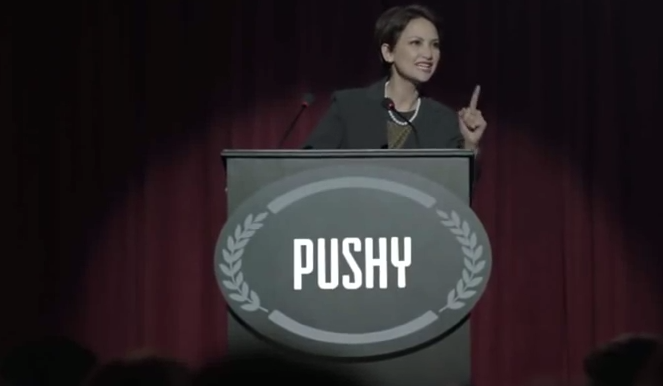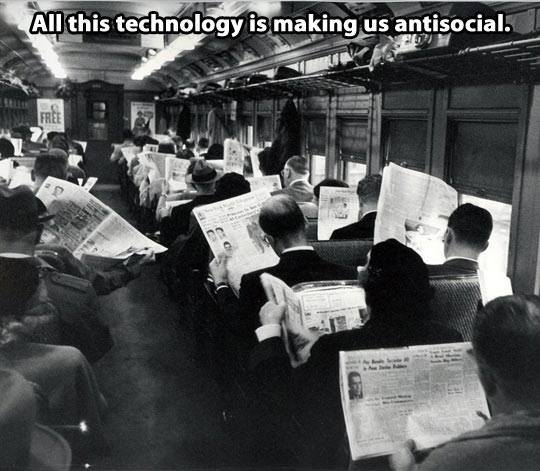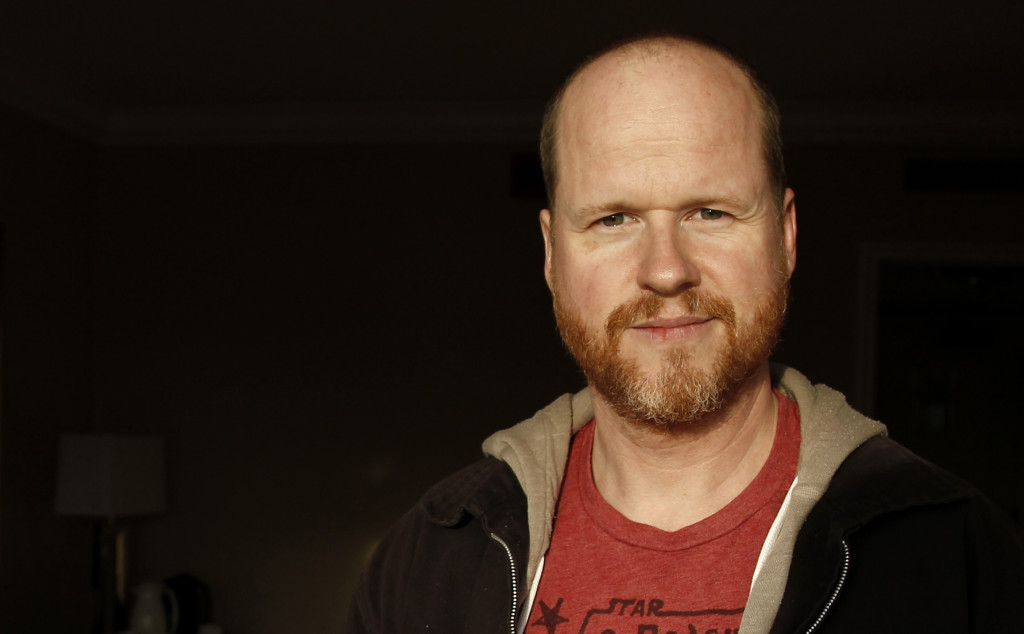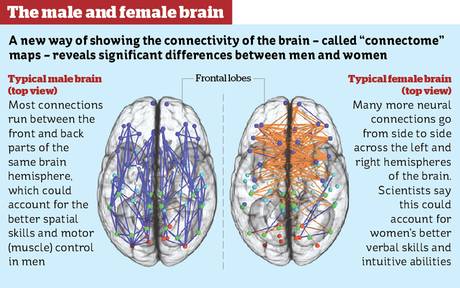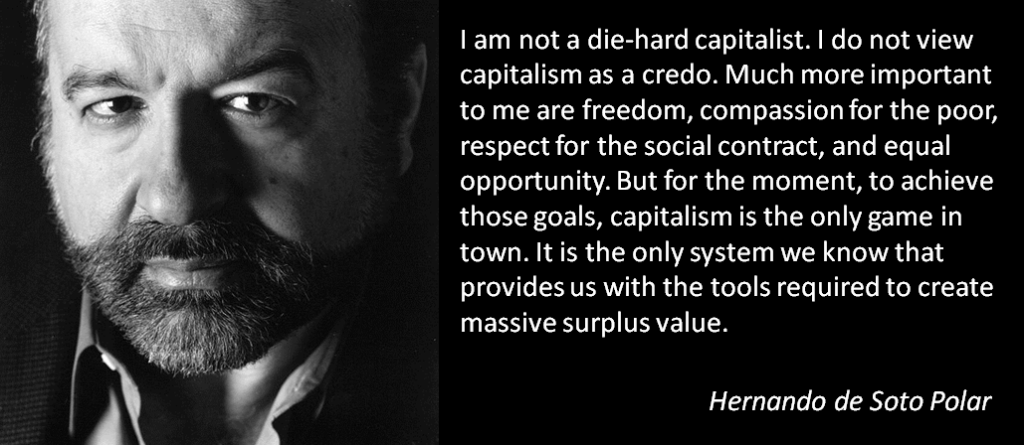In this morning’s Times And Seasons post, I talk about the exciting changes at lds.org/topics and what they could mean for the Church as a whole.
 Nathaniel
Nathaniel
Evil Did Not Win
This is Emilie Parker. She was one of the 20 children an 6 adults murdered at Sandy Hook elementary exactly one year ago, on December 14, 2012. She was six. My own beautiful little girl just turned 7. This isn’t a story I can read about–let alone write about–easily. But the video below, created by her parents, is worth sharing. Especially today.
In the days just after the shooting, critics targeted Emilie’s father Robbie. In addition to those who took this tragedy as an excuse to attack his Mormon faith, there are still plenty of YouTube videos of his painful, awkward statements to the press just days after losing his little girl that claim to “prove” he was nothing but a paid actor.
That’s the world we live in. In the aftermath of such horrible, tragic, and senseless loss some people are so trapped in their own webs of bitterness or paranoia that they are literally unable to understand the anguish that others are experiencing. They are incapable of lifting their gaze above their own petty concerns. To be so incapable of perceiving the pain of others… how desolately alone they must be. The world is wrapped in shadow, and they are all but lost in the darkness.
And yet Emilie’s parents, Robbie and Alissa, have found their way through their valley of shadow. Alissa writes that when she learned that she’d lost her daughter, “I felt so consumed with how evil can be so powerful. And how… the evil won.” Today, however, she has found a kind of hard-won peace.
People ask: But where was your God when this happened? Why did he stop it? God allowed others to kill his son. He allows for us all to make our own choices, good and bad, because that’s the only way good can be in us. It’s if we freely choose it over all else. Evil didn’t win that day. We’ll carry on that love, like she had. It’s quiet. It’s not on the news. It takes effort to find. But what I’ve realized through all this is how strong and how big God’s love really is.
I will say the callous thing first: Alissa’s theology doesn’t make sense to me. The argument from free will does not convince me, because God doesn’t always allow the evil to fulfill their plans. Sometimes He intercedes. Other times, He does not. Why? There is no answer I have found to satisfy my heart or my mind.
And yet my logical complaints are overwhelmed by Alissa’s raw witness of God’s love. She has been down a road so dark I cannot even bear to imagine it. And she tells me she knows “how big God’s love really is.” It’s not the answer that I want to my questions. But it is an example of how to live a life of love in the face of pain and evil, and one that leaves me speechless in humility.
I do not understand, but I am humbled by her testimony. And I too, would believe.
I have faith but I sometimes find that the storms around me make my heart quail and I begin to sink. And at times like that, Christ extends a hand through the people around me, people like Alissa, to keep me from going under.
Did Oedipus Write “House of Gold”?
Surely I can’t be the only one that has heard the new song “House of Gold” by twenty one pilots and thought about Oedipus Rex, right?
For those of you who don’t recall, Oedipus the King is the Greek tragedy about the guy who murders his dad, takes his place, and marries his mom. Not on purpose, mind you, and when he finds out he’s more than a little upset.
Later on, Sigmund Freud coined the term “Oedipus complex” based on the play, which “denotes the emotions and ideas that the mind keeps in the unconscious, via dynamic repression, that concentrates upon a child’s desire to sexually possess the parent of the opposite sex.” I guess–I’m not an expert on Freud by any means, that this is supposed to be a normal developmental stage for children ages 3-6 and then they resolve it. But I’m not sure the public awareness of the term has retained all of the details.
In any case, the song is squicky. Consider:
She asked me, “Son, when I grow old,
Will you buy me a house of gold?
And when your father turns to stone,
Will you take care of me?”
I will make you queen of everything you see,
I’ll put you on the map,
I’ll cure you of disease.
Let’s say we up and left this town,
And turned our future upside down.
We’ll make pretend that you and me,
Lived ever after happily.
That’s not all the lyrics, but it’s most of them. And, just to recap, we’ve got (1) a son singing to his mom (2) about her desire to have take care of her after his dad croaks (e.g. take his dad’s place) and the son is on board to (3) “make [her] the queen of everything you see” so that they can say they “lived ever after happily.”
Weird, right? I just want to know if they wrote the song on purpose to be edgy or if that’s just how it came out.
Kids these days…
Pantene Tackles the Labels Women Face
A lot of research has shown that men and women are judged by different standards. One example is that behavior seen as “assertive” in men is seen as “hostile” in women. Recently, this phenomena has been extended from the world of business (where it was first identified) to the academic sciences.
So, with that in mind, I found this ad to be provocative in the best way possible.
One of the things I like about it is that it explains the problem clearly without making political assumptions about blame or solutions. That’s important, because I think some of the standard assumptions (e.g. “the patriarchy did it!”) might be wrong:
Females tend to threaten each other with social isolation rather than violence. Among social animals, being cast out of the group can mean death, or very few chances to mate. Among humans, perhaps the most social animals we know, the “mean girls” phenomenon is a perfect example of low energy competition. Nobody is beaten, but we know for sure who has lost the battle.
It’s possible that it’s maladaptive female behavior as opposed to misogynistic male behavior that creates these and impossible painful social expectations. After all, it isn’t as though the male/female double standards are held and enforced by men: they are held and enforced by women too. (Perhaps more?)
The important thing is that we don’t really know. And if we can get more people talking about the problem in apolitical ways, perhaps we can make progress towards finding new solutions. (It is a bit weird, though, to have a corporation leading the charge, but on the other hand their motives are easy to identify and account for.)
Zion, Mortal Loneliness, and the Hall of Records
My post for Times And Seasons this morning begins: “In my imagination there is a hall of records in the future Celestial Zion where anyone can review the mortal life of any other person as seen from their perspective.” Read the rest for an admittedly odd little essay about loneliness and isolation in mortality. (Hopefully it’s as interesting as it is odd.)
The Elitism of Hackschooling, Unschooling, and other Fads
On the surface, this is a perfectly valid perspective on education.
“Hackschooling” is clearly working out perfectly well for this kid, and I don’t have any doubt that his education is probably far superior to what the median American kid receives. But the secret sauce in this education stew isn’t some cutting-edge theory. It’s actually just the lavish expenditure of time, money, and human capital to purchase a cutting-edge education most families cannot afford.
Think about it this way: public education is designed to capture economies of scale. Want to educate a whole country: design one curriculum and teach it to all of them. When you upgrade from public education by spending more money what you’re basically getting is a combination of prestige and personalization. Personalization works because of smaller teacher:student ratios, but also because the expense of private education means you end up with a much more homogenuous student body, and so the educational experience can be customized to a greater extent. You spend money, you get personalized education.
The thing to realize is that this “unschooling” (or “hackschooling” or whatever) is not any different. It’s the exact same idea, but taken to the extreme. Sure, there might not be a huge outlay of cash, but there is definitely a huge outlay of time. We’re talking about a student:teacher ratio of something like 1:3 or 1:4 (depending on the number of kids involved) and you can only swing that if you’ve got a single-earner making enough to support the whole family. You might not be writing a check to a private school for tuition, but you are having one spouse opt to not bring home a paycheck at all. That’s the tuition of homeschool.
But there’s more to it than that. A lot of the experiences this kid talks about are clearly not experiences you can get if your family is not well-connected and knowledgeable. At 13-years old I couldn’t have gotten a job at all, much less an internship at a quirky specialist manufacturer of some kind. The best I could swing was a job as a janitor when I hit 14 and it was legally allowed. Your parents have to have the social circle and the know-how to set up these awesome experiences, and that’s basically a requirement of human capital.
I’m not criticizing this family’s choices. I think that homeschooling is awesome when done right. What I’m criticizing is the kind of snake-oil approach that says there’s some kind of theory or trick to awesome education. There isn’t. Not really. It’s just a question of quantity of resources that you have to throw at the problem. And, from that perspective, this kid’s education is about the most elite and expensive you can imagine. Good for him that his parents can afford it, but let’s not kid ourselves about the price tag. For most Americans: it’s out of your reach.
Pope Francis Continues to Rock
First came stories based on an interview with Archbishop Konrad Krajewski like this one. According to the stories, Pope Francis was unable to spend time distributing money–and love–to the homeless and poor as he had done prior to his elevation to the papacy. But Krajewski mentioned that the Pope had indicated he wished he could go, and soon speculation abounded (like here) that Pope Francis was sneaking out at night in disguise to continue his ministry to the poor.
The Pope is popular, that is for sure. And I certainly love his example. But there are two roles for a leader like the Pope. One is symbolic, and here the Pope’s example shines. The other is administrative. I think only time will tell whether or not Pope Francis is able to strike the right balance between those two roles.
My hope (as a non-Catholic who loves Catholicism) is that the Pope is able to encourage more Catholics to reconsider their relationship to their own faith and begin to take more seriously the teachings, doctrines, and perspectives of that ancient and honorable faith.
Am I Feminist? or: The Feminist Bait and Switch
I have something in common with Joss Whedon. He doesn’t like the term “feminist,” and neither do I. We both think that feminism has an image problem. Whedon, who defines feminism as “believing men and women to be equal; believing all people to be people” doesn’t like the term because he thinks the “-ist” at the end fails to convey it’s universal appeal.
Let’s be real, Mr. Whedon. The last syllable of the word is the least of feminism’s problems.
I like Joss Whedon’s ostensible definition just fine. The problem is that he, like most self-declared feminists, doesn’t actually stick to it. Feminism is always introduced as something universal and apolitical like “concern for women’s issues,” but then in practice it always ends up being equated with left wing social politics. Do you care about women? Then you must be a Democrat. The Republicans have declared a War on Women, don’t you know?
Because the term “feminism” has become hopelessly entangled in partisan politics, it’s time to step back and differentiate between being concerned for women and feminism. We can find some common ground if we do that, and I can’t think of a better place to start then this famous clip from Patrick Stewart about the importance of opposing violence against women.
It’s a beautiful and moving speech. There’s nothing political about it, and there shouldn’t be.
Gender Essentialism and Complementarity
The Independent has an article on a study about the hardwired difference between male and female brains. According to the article, men have more connection going from front-to-back and women have more going from side-to-side, and this might explain superior male motor skills and superior female verbal skills. The argument is that these characteristics are genetic, not behavioral, and this would be a point for gender essentialism, which is the idea that gender is to a great degree biologically determined and not merely a social construct.
I also thought it was interesting that the researchers were quoted on gender complementarity several times, such as:
These maps show us a stark difference – and complementarity – in the architecture of the human brain.
And:
It’s quite striking how complementary the brains of women and men really are.
Of course in an ideal world science is not politicized, but at a minimum this article is a good place to explain the conservative view on gender equality. The most simplistic interpretation of gender equality, of course, is gender sameness. Differences between the sexes are downplayed or relegated to secondary importance. (Man vs. woman, right-handed vs. left-handed… whatever.) But conservatives hold a different view, which is that men and women are equal but different. The derogatory term for that would be something like “separate but equal”, but conservatives would use the term “complementary,” meaning that men and women are different but that these differences are not about better vs. worse, but are merely two halves of a puzzle that works best when both pieces are given equal consideration despite their different natures.
Monday Morning Mormonism: Caring for the Poor and Needy
Another Monday, another post for Times And Seasons. This morning’s topic is the addition of the fourth point to the threefold mission of the Church: to care for the poor and needy. Why wasn’t it originally included in 1981? Why was it added in 2009? Read the post for my thoughts, and stay tuned for a longer treatment of the topic from Walker and me coming soon.
